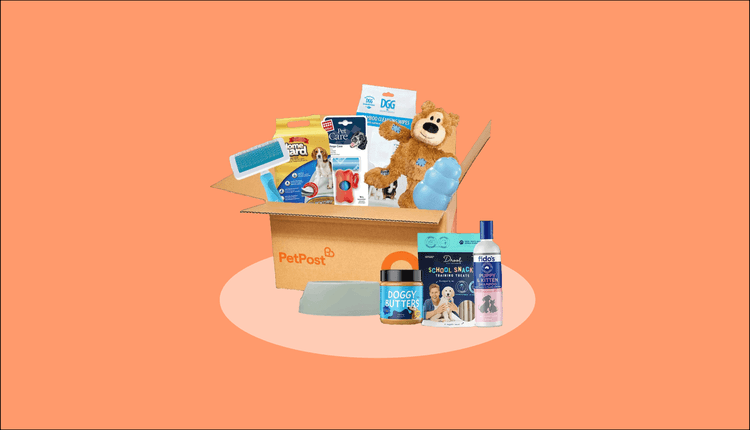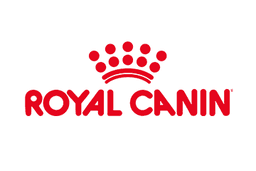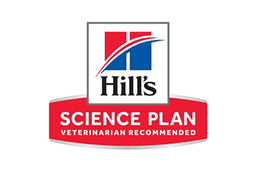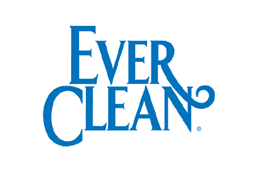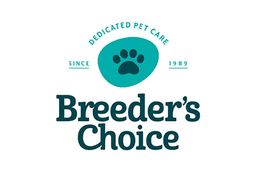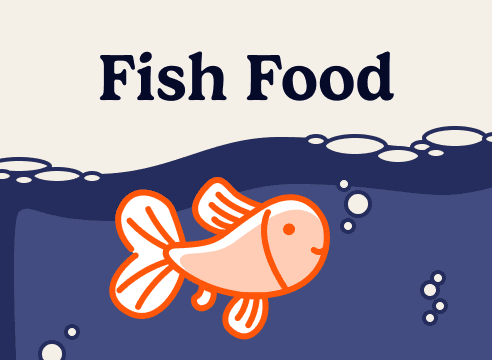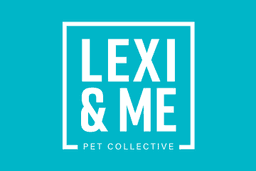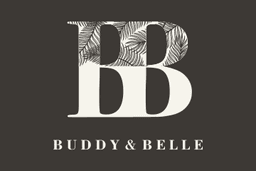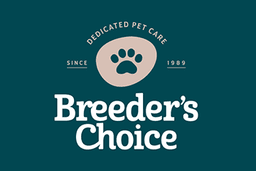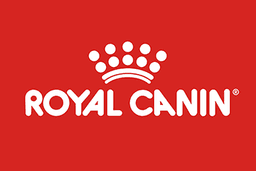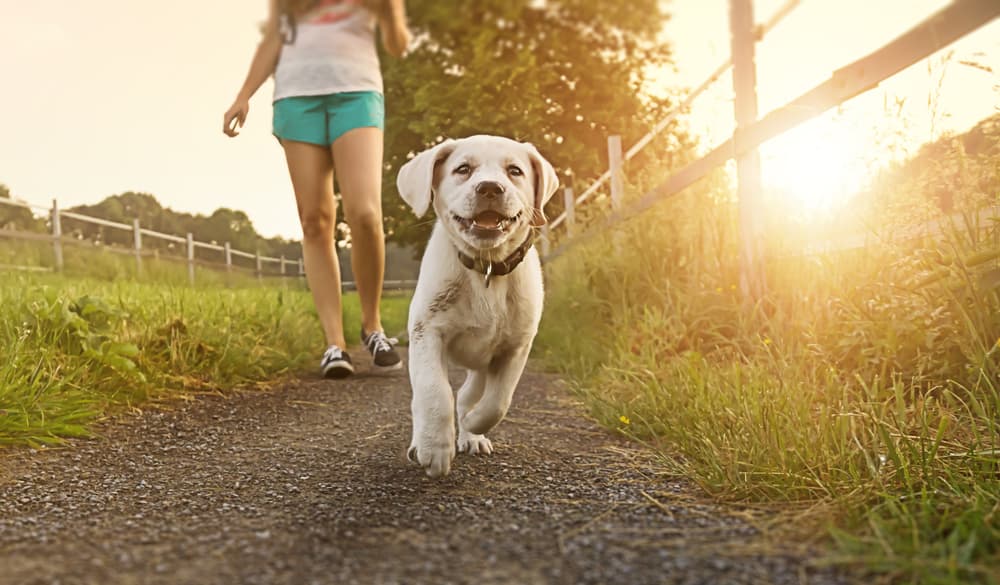Bringing your puppy home for the first time is exciting. It can also be a little daunting, which is why it's essential to plan ahead for those first days – and weeks.
Here are the basic steps to help ensure a smooth transition.
Prepping for a new puppy
From checking your house for hazards to deciding where they will sleep and choosing a vet, here's what you need to do before your pup arrives.
Make the house and yard pup-friendly
The first step is to ensure your home – inside and out – is safe and secure.
In the yard
Make sure the fencing is adequate and there are no gaps that a tiny animal could squeeze through. Remove anything that might pose a danger, such as tools, garden equipment or pesticides. There are also certain plants that are poisonous to dogs, including azaleas and daffodils. Be certain you understand what to watch for – and remove if needed.
Inside your home
Remove potential dangers from paw’s reach, including power cables, poisonous house plants, poisonous substances stored on bottom shelves and small items that could be choking hazards. A puppy pen may be useful to keep them contained, or keep bedroom, bathroom and laundry doors closed.
A space of their own
A comfortable area just for them goes a long way to helping your puppy settle in. Organise bedding beforehand and have a place in your home ready for the puppy. If sleeping outdoors, make sure the sleeping zone is sheltered and separate from the area designated for toilet training. Be aware puppies can sometimes be scared of complete darkness. Have a form of nightlight on standby.
Toys and treats
If you think moving house is stressful, imagine how it a dog feels being introduced to a new home and family! Toys and treats will come in handy when helping your puppy overcome anxiety, especially as they adjust to being alone.
Food and water station.
All dog food is not created equal! Puppies require nutritious meals, beginning at four feeds a day, but consult with your vet to lock down the specific needs of your puppy. Make sure you have fresh water always available, kept away from the sleeping and toilet areas.
Choose a vet
Don’t wait until your puppy needs medical care to start searching for a nearby vet. Have a doc organised for your dog from day one. Vets can answer queries regarding nutritional needs, vaccinations, de-sexing, and microchipping. They will also organise regular check-ups.
Sleeping and other basics
You can prepare the bedding before you bring home your puppy. You’ll need a pet bed, blanket and if they aren’t yet toilet trained, some puppy pads or fake grass. Depending on their age, you may not be walking your puppy for a little while, but you'll want to be prepared with a collar and tag (engraved with your phone number), a lead and doggy bags.
Healthy eating and play
Dogs usually wean from their mums by about eight weeks. It's a good idea to find out what type of food your pup has been eating, so you can keep it consistent while they settle in. Its best to slowly transition between food types or brands rather than making a sudden change. There are also some foods that must be avoided. According to the RSPCA, these include onion, chocolate, avocado, sultanas, grapes, stone fruit and cooked bones.
Puppies love to chew. Healthy chews or chew toys are a good idea to ease any discomfort in your pup’s mouth when teething – and keep your shoes and socks in one piece! Pups also need stimulation and exercise, so they’ll need regular play and a few toys to help keep them active and amused.
Getting through the first night
The first night in your home might be a little overwhelming. They may be sleeping for the first time without their mum or brothers and sisters. Try and make them as comfortable as possible. Playing with your pup just prior to bedtime might help tire them out so they sleep better. It's useful to bring a blanket or toy that they have been playing with in their last home, as a familiar smell can help them adjust.
The first few weeks after bringing your new puppy home
- Vet check
Vet check in the first week is advisable. A vet can provide you with requirements for preventative care particular to your breed. Always make sure you have the necessary paperwork when you purchase your puppy, including the transfer of ownership form. You will need to register your puppy with your local council, and ensure you update the relevant microchip database. Speak to your vet if your puppy isn’t yet microchipped. - Toilet training
Training your puppy to use the toilet area is an on-going process. Make sure to reward your canine friend every time they use the allocated space. The reward must be immediate to ensure they understand the association. Ignore “accidents”. Don’t punish them! Use non-ammonia cleaning products after accidents so your puppy doesn’t confuse where the toilet area is. - Introduction to other dogs
It is best if your puppy can explore the house while other dogs are out, perhaps at the park? Then take the puppy to the park for the introduction as this is preferably done away from home. Just make sure your puppy has the required vaccinations first. - Behavioural training.
It's a good idea to start teaching basic commands like 'sit', 'stay', 'down' and 'come' early. Avoid negative/aversion training techniques. Focus instead on a positive/reward-based approach. The RSPCA or your vet can recommend reputable schools. Make sure your puppy's vaccinations are up to date for safe interaction with other dogs. - Meeting friends and family
Want everyone to meet your newest family member? Remember, strangers can be overwhelming for your puppy in the initial period. Try and limit visitors during the first few days. Let your puppy adjust to their new home before slowly introducing them to friends and family. - Walks and play
Canines need exercise to stay healthy. Start off inside your house so your puppy becomes used to being on a leash. Once your pup is up to date with the vaccinations and parasite treatment, you can start with smaller walks. Regular walks on a leash are good for your puppy, also helping them acclimatise to new environments. Playing with your puppy is important too. It stimulates their minds, and increases the bond between you.
It may take several weeks for your puppy to adjust to their new life. Take it slowly, be calm and consistent about training, and your puppy will soon settle in as part of the family! Good luck, and get set for an amazing experience.
Shop our range of puppy bundles.
